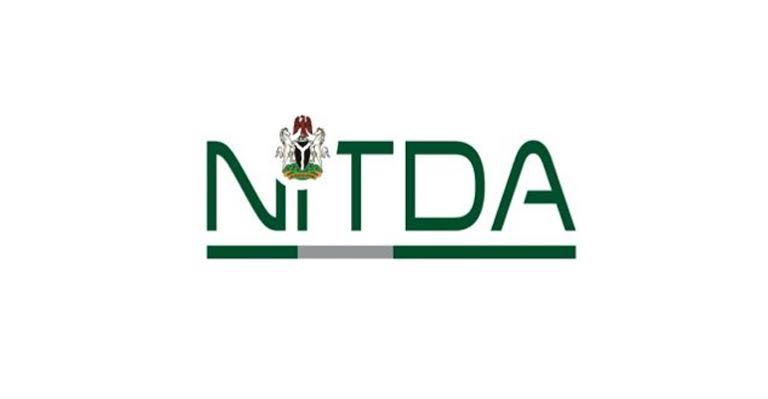To further establish itself as a premier African digital hub, the National Information Technology Development Agency (NITDA) has stated its dedication to creating a creative ecosystem that strikes a balance between industry expansion and regulation by making investments in cloud infrastructure, data classification, and AI applications.
This was said by NITDA Director General Kashifu Inuwa CCIE, who was a panelist at the Africa Hyperscalers Digital Infrastructure Outlook 2025. He provided in-depth information on the Agency’s intended strategies for utilizing cutting-edge regulations and solutions to actualize the Presidential 8-point agenda, which touches on every area of the economy.
Industry professionals from the tech sector were brought together by the Africa Hyperscalers Digital Infrastructure Outlook 2025 to analyze and investigate Africa’s contribution to the growing global AI-driven infrastructure boom.
In her remarks, Inuwa emphasized the two-pronged approach of the NITDa—rule-based regulation and non-rule-based regulation—that guarantee flexibility in a constantly changing technological environment.
In his view, non-rule-based regulation permits industry-led innovation with predetermined benchmarks, whereas rule-based regulation entails stringent guidelines for market compliance.
Prior to regulating anything, he said, “we must be intelligent, aware of the landscape, have data and be able to make sense of it, and be dynamic because technology is changing quickly. We must also develop that agility within the regulatory framework.”
The Cloud First Policy, which was implemented in 2019 to discourage an over-reliance on physical data centers, is one of the Agency’s major initiatives, the DG added. The policy, he said, encourages private companies and government agencies to use software-as-a-service (SaaS), cloud computing, and other digital solutions.
Additionally, he stated that NITDA has pushed for local data centers to expand their capabilities, even though the strategy originally allowed them to use public cloud infrastructure with waivers.
Regarding NITDA’s achievements, Inuwa said that a major turning point in the organization’s history was its successful partnership with global hyperscaler providers, with Google Cloud pledging to cooperate with local data centers to encourage cloud adoption and establish a hyperscaler data center in Nigeria.
“In Paris, Google CEO Sundar Pichai met with President Bola Ahmed Tinubu, who talked about his revolutionary goals for Nigeria. According to the president, technology can enable all eight of his agenda items, including national security, food security, economic diversification, and infrastructures, including digital infrastructures with an emphasis on healthcare and education.
NITDA is finalizing a framework that will require data classification, guaranteeing that specific categories of data stay in Nigeria, he added, in an effort to further encourage cloud adoption and investment. He said this action is anticipated to boost the nation’s digital sovereignty and draw in more cloud service providers.
Although Inuwa emphasized that Africa should prioritize AI applications over the development of Large Language Models (LLMs), NITDA is also giving priority to the use of AI to improve governance, regulation, and service delivery.
aAccording to Inuwa, the agency has determined three areas where artificial intelligence (AI) can transform governance and business operations: process automation, regulatory efficiency, and knowledge management system development.
Large language model (LLM) construction is not where AI’s true power lies. We should concentrate on applying AI to industries where it can have an instant impact, such as healthcare, agriculture, and financial services, Inuwa claimed.
Dr. Nadu Denloye, co-founder of Telnet Nigeria Limited, stated in her earlier opening statement that advancements in connectivity, cloud adoption, data centers, artificial intelligence, and a growing population of digital natives are driving Africa’s impending remarkable digital transformation.
Characterizing the program as a platform for solutions, she conveyed her confidence that it would develop solutions that offer vital insights and practical tactics to propel Africa’s digital development.
“Africa is experiencing a digital revolution at a rate never seen before. We can overcome challenges and seize the enormous opportunities that lie ahead by utilizing our combined experience and encouraging cooperation among important stakeholders,” she said.
aJohnson AgboGbua, Chief Executive Officer, Kasi Cloud, Dr. Ayaotunde Coker, Chairman of the Africa Data Centers Association, and Dr. Ayaotunde Coker, CEO of Open Access Data Centers, were among the other panelists who attended the event



Leave a Reply